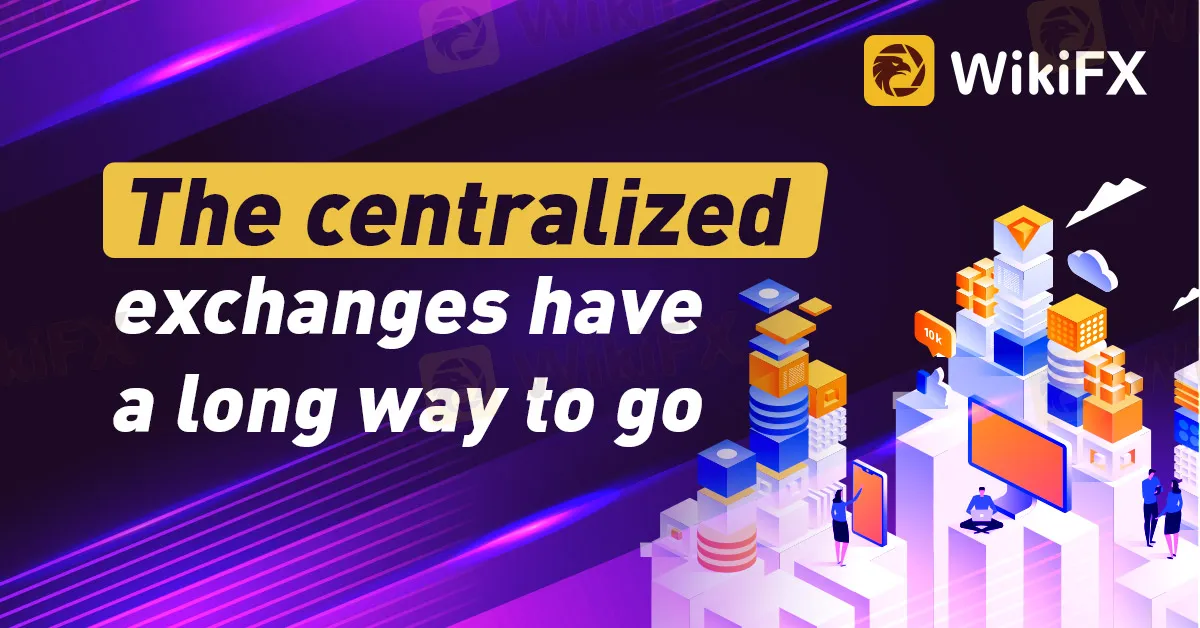简体中文
繁體中文
English
Pусский
日本語
ภาษาไทย
Tiếng Việt
Bahasa Indonesia
Español
हिन्दी
Filippiiniläinen
Français
Deutsch
Português
Türkçe
한국어
العربية
The centralized exchanges have a long way to go.
Abstract: Is Binance being used by fraudsters when it froze client funds without even giving notice?

Details
Recently, one exposure case about Binance caught our eye. According to some Chinese investors, Binance in Turkey froze their assets without doing a further investigation because “the police” asked Binance to do so. “The police” accused the investors of violating the laws and asking the investors to give the money to a “third party who is the real owner of the money.” Investors think the money belongs to them, not some third party. It is also suspected that these so-called policemen are fraudsters in disguise.


Is the police real?
We're not sure if the cops are real. Or maybe they are fraudsters who pretend to be police. and they ask the investor to give up the money. Even worse, Binance absolutely stands with the “police.” The weird thing is that the police ask the investor to settle things behind closed doors rather than through a formal and legal body such as the courts.
There were a number of customers unhappy with Binance's role as an accomplice, as well as investors unhappy about the shortcomings of the centralized exchange. “Centralized exchange has a long way to go”. That resonates with many investors.
What is a Centralized Exchange?
A centralized exchange is a business model similar to traditional asset exchanges like stock exchanges that coordinates cryptocurrency trading on a large scale. All transactions are monitored by a third party to ensure that they are secure. To ensure that transactions are safe, traders deposit their funds into an intermediary account for a specified period of time.
To trade with a centralized exchange, you have to submit your personal information for verification before transacting. Centralized exchanges are easy to use, but they have very complex compliance principles that some users may not like. Some users find it difficult to share their personal details when transacting.
What is a Decentralized exchange?
A decentralized exchange allows crypto traders to buy and sell digital assets like cryptocurrencies without intermediaries, which means traders do not have to deposit their funds into a third-party account when transacting.
Note that decentralized exchanges are usually based on blockchain technology and allow peer-to-peer trading, which does not require users to seek permission to buy or sell digital assets. This also means traders can use escrow systems or proxy tokens.
Conclusion
It is rare for Binance, the representative of centralization exchange, to freeze client funds on a large scale. Many investors have reacted directly to Binance. Binance agents replied that they were treating the matter as a matter of urgency. But so far there has been no tangible progress. The problem is whether the so-called “police” are true or not. If so, why not contact investors through formal and legal channels rather than blackmail investors on private chat platforms? If the cops were fraudsters in disguise, why did Binance follow the fraudsters' instructions to freezing investors' money without further investigation? We will continue to monitor developments, but perhaps as some investors say, “Centralized exchange has a long way to go.”

Disclaimer:
The views in this article only represent the author's personal views, and do not constitute investment advice on this platform. This platform does not guarantee the accuracy, completeness and timeliness of the information in the article, and will not be liable for any loss caused by the use of or reliance on the information in the article.
Read more

Binance’s Bold Move: 12 Trading Pairs Are Getting Delisted
Binance, one of the world’s largest cryptocurrency exchanges, will remove 12 spot trading pairs from its platform on January 17, 2025, at 03:00 (UTC).

Cryptocurrency Scam Wipes Out Retiree's Savings of RM9.5 Million
A 63-year-old retired engineer from Johor has lost RM9.5 million in a cryptocurrency scam. He was misled by an online advertisement that promised high returns on Bitcoin investments in July 2024.

Forex Brokers vs. Crypto Exchanges: Which Is Safer for Traders?
The world of trading offers two major platforms: forex brokers and cryptocurrency exchanges. Both provide opportunities, but they also come with risks. Traders often wonder which is the safer option. While some lean towards traditional forex brokers, others trust the decentralised nature of crypto exchanges. Let us know if you are #TeamForex or #TeamCrypto!

Cryptocurrencies: A Financial Revolution or a Double-Edged Sword?
The rise of cryptocurrencies and blockchain technology has been compared to transformative milestones such as the creation of money and the advent of the internet. These innovations are reshaping the way assets are valued and traded, pushing the boundaries of traditional finance. However, as with any disruptive technology, the journey is fraught with complexities that demand careful consideration.
WikiFX Broker
Latest News
How Long Can the Dollar Remain Strong?
Forex Price Trend Prediction! | Come be a New Year Price Winner!
HFM NY Special Offer!
How a Promised RM1.4 Million Return Turned into a Costly Scam
Cinkciarz.pl Under Fire: Frozen Accounts, Missing Funds
First Unfair Trading Case Reported Under South Korea’s Virtual Asset User Protection Act
“Predict and Win” Big Rewards! Join the Contest Now
"Jumped Deposit Scam": New Wave of Financial Fraud in India
South Korean President Yoon Suk Yeol's Arrest Shakes Markets
Titanium Capital LLC Ponzi Scheme: Henry Abdo Admits Fraud, Impacting Over 200 Investors
Currency Calculator






